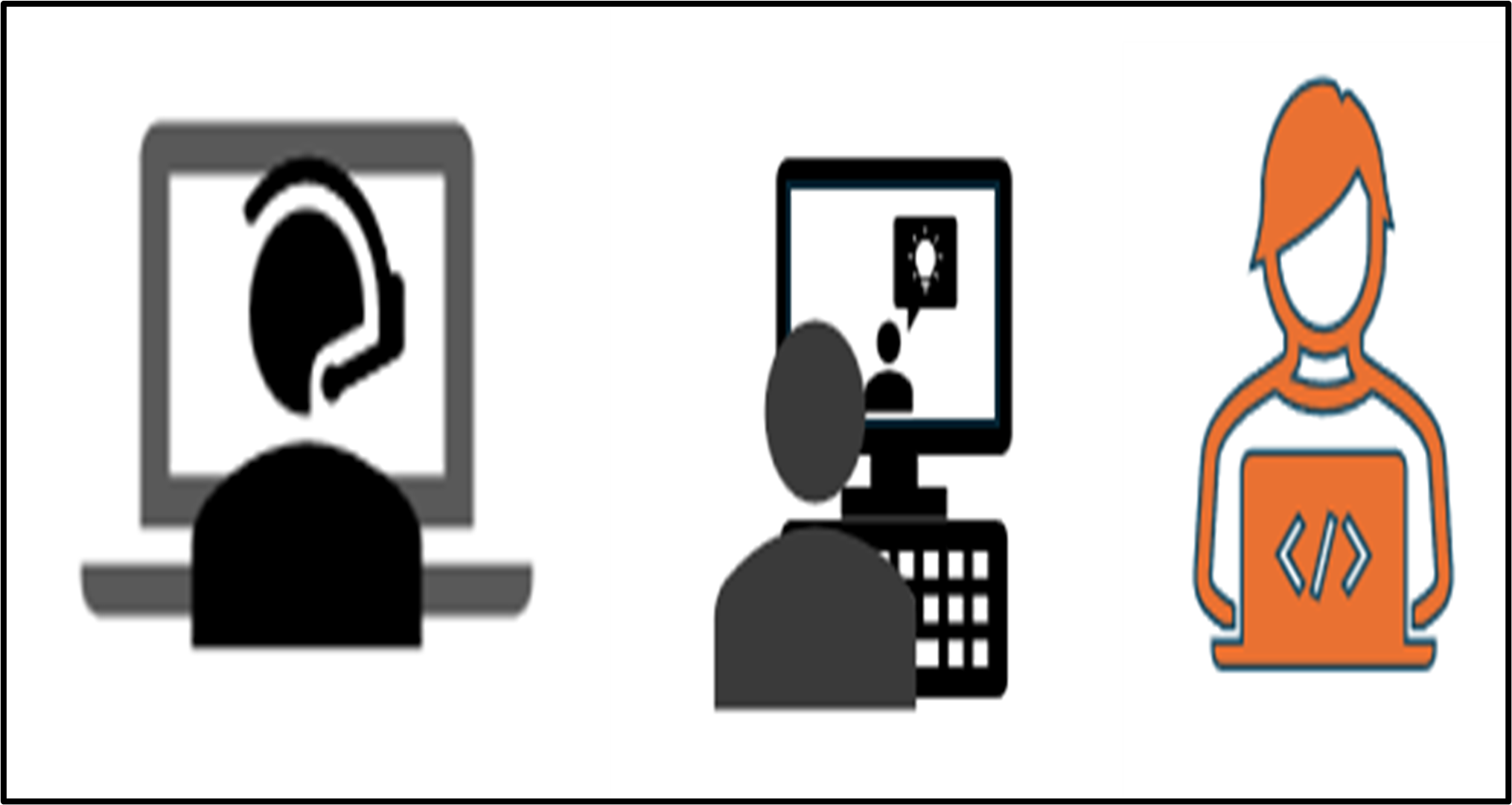Research Article | Open Access
|
Open Access
|


 | Published online: 04 September 2025
A Review of Recent Advancements in Healthcare Chatbots
| Published online: 04 September 2025
A Review of Recent Advancements in Healthcare Chatbots
Vibhav V. Sinai Pissurlenkar,1,* Basabdatta Sen Bhattacharya2 and Baskar Sundarrajan3
1 Infuse Consultancy Ltd., Panaji, Goa, 403001, India
2 BITS Pilani, Goa Campus, Vasco, Goa, 403726, India
3 Goa Business School, Goa University, Panaji, Goa, 403206, India
*Email: vpissurlenkar23@gmail.com (V. V. Sinai Pissurlenkar)
J. Smart Sens. Comput., 2025, 1(2), 25208 https://doi.org/10.64189/ssc.25208
Received: 20 June 2025; Revised: 17 August 2025; Accepted: 01 September 2025
Abstract
The quick development of healthcare chatbot technologies, especially since the Coronavirus disease 2019 (COVID-19) pandemic broke out, has been a critical transformation of how healthcare services are presented and consumed. This is significantly fueled by the development of Natural Language Processing (NLP) and the emergence of Large Language Models (LLMs) such as ChatGPT, which have made more advanced, precise, and human-friendly conversational interfaces possible. Between 2023 and mid-2024, the healthcare field experienced an increase in chatbot usage across a range of areas, particularly in mental and overall healthcare. Chatbots have become great assets for simplifying administrative work, delivering preliminary consultations, helping with symptom checkers, delivering mental health services, and supporting education for patients. In mental health, for instance, chatbots can provide a degree of accessibility and anonymity that is highly effective in breaking down stigma, getting mental health care closer to people. In general healthcare, too, these systems have played a key role in easing the workload on healthcare professionals, triaging patients, making health information available 24/7, and even aiding chronic disease management through tailored health advice. Even with their increasing promise, however, there are major hurdles to successfully integrating chatbots into healthcare systems. Some of these include data privacy and security concerns, the risk of wrong diagnosis or recommendation, and the limited capacity of chatbots to address complicated or sensitive patient needs that demand human judgment. Moreover, there are governance and ethical concerns with the application of Artificial Intelligence (AI) in health care, especially regarding achieving fairness, transparency, and accountability. As sophisticated as these systems become, their widespread adaptation and harmonious integration into health care processes is a complicated and continuous process, with user trust and system interoperability shortfalls continuing to present hurdles. Yet, with ongoing improvements in AI and NLP, chatbots have massive potential to revolutionize the delivery of healthcare by offering more personalized, effective, and accessible care.
Graphical Abstract
Novelty statement
This article reviews the advancement and developments of the Chatbots in Healthcare, highlighting emerging trends, innovations, and their transformative impact on modern healthcare.






